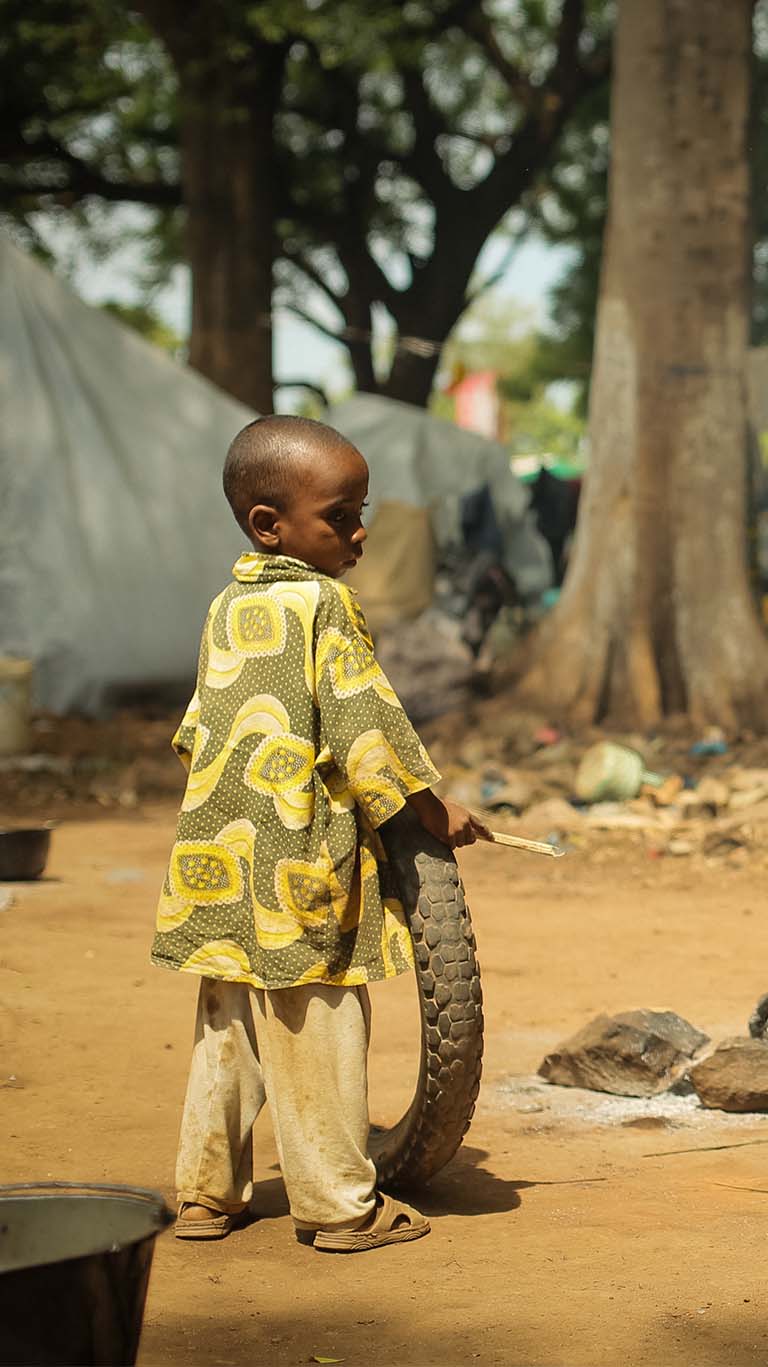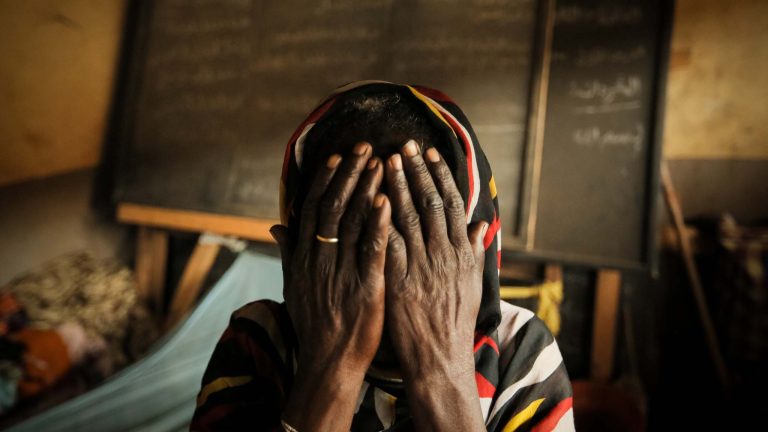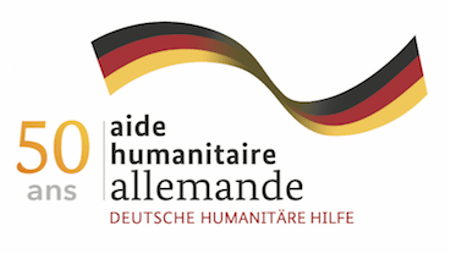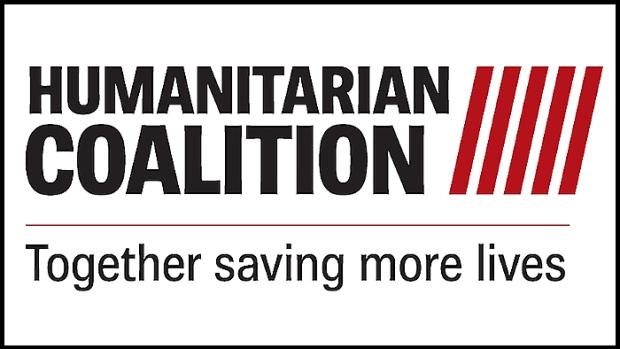
Central African Republic
© Sébastien Duijndam
Médecins du Monde’s emergency response includes a range of humanitarian assistance programmes. Find out more below about our work and missions in the Central African Republic.
THE HUMANITARIAN SITUATION IN CENTRAL AFRICAN REPUBLIC
Numerous armed conflicts in the Central African Republic (CAR) have resulted in a serious humanitarian crisis and a steady increase in violations of human rights and international humanitarian law. The country’s economic collapse, the emergence of new areas and forms of violent conflict, rising food insecurity and inflation are exacerbating an already extremely fragile political and economic situation in a country where almost three quarters of the population live below the poverty line.

© Sebastien Duijndam
OUR HUMANITARIAN WORK IN CENTRAL AFRICAN REPUBLIC
In response to the emergencies in the health, social and political spheres, MdM teams have been working in the country since 2013 to provide medical assistance to the most vulnerable communities.














